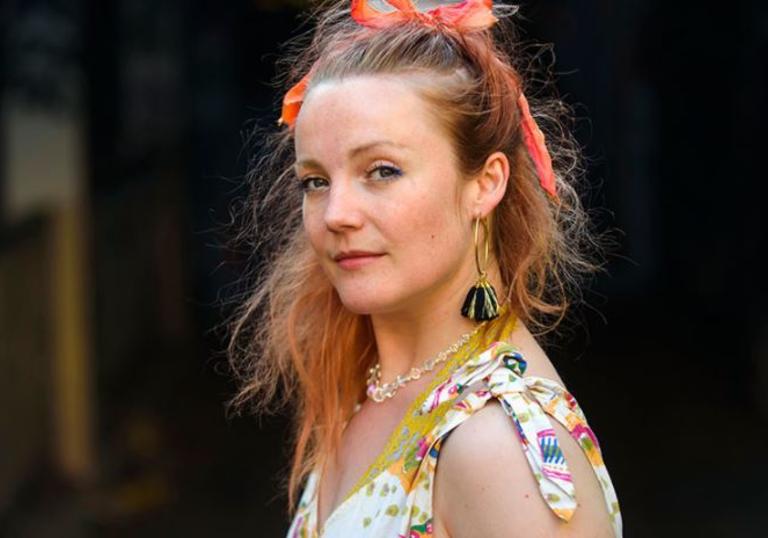‘The stuff of dreams’ was how The Independent described the result when Richard Egarr and the Academy of Ancient Music came together with the director Daisy Evans at the Barbican last season, in an astonishing re-imagining of Purcell’s The Fairy Queen. And a dream isn’t a bad way to describe the theatrical logic of what are sometimes called Purcell’s semi-operas: sprawling, genre-defying fusions of 17th-century courtly masque, popular drama and sublime music. Now Evans and the AAM turn to Purcell and Dryden’s 1691 music-drama King Arthur, with plans for another radical act of theatrical imagination.
Happily, reinvention is Evan’s strong suit. Her own company Silent Opera sets famous operas in unconventional spaces and puts audiences in headphones in order to immerse them in a completely new – and shatteringly powerful – dramatic universe. There won’t be any headphones at the Barbican. But with the entire Hall at her disposal, Evans sees striking possibilities.
‘Being asked to do a semi-staging is a very odd thing. I mean what is a semi-staging? We won’t have costumes and sets, but for me it still has to be a complete drama for the audience. What’s brilliant about that space is that it is very open. It’s an interesting place to play with depth and therefore perspective, which is good. And I’m a big believer in not drawing down a barrier between orchestra and audience. There’s no fourth wall at all. In The Fairy Queen it was very much that the cast were creatures of the stage preparing a performance. This time I think it’ll be much more like people have got so angry about the state of the world that they come out from the audience and put on a show to present two sides of an argument.’
I’m a big believer in not drawing down a barrier between orchestra and audience
And for Evans, that argument – in Purcell and Dryden’s time, a complex, occasionally ludicrous mythological allegory of late 17th century British politics – has startlingly modern resonances, at least once you strip away the trimmings. ‘If you take away that Dryden text, what’s left is very non-specific to King Arthur. In fact they sing about St George and they sing about Britannia, but never once mention any of the character’s names. So I’ve chosen some new texts, including poetry relating to the Second World War by Robinson Jeffers and I’m taking it apart and restructuring it. It’s all to do with our idea of what England is, what King Arthur is, and why we need a hero, why we need a patron of the isle – which they sing about a lot. So obviously in our current cultural crisis, I think King Arthur can hopefully raise some questions about what we’ve learned from our history and how we should go forward.’
Crucially, though, the heart of the piece – Purcell’s music – remains untouched. ‘It’s a joy to work with Richard Egarr because he’s incredibly flexible and open to what we’re doing. And Richard and the musicians will still interpret it with authentic instruments, and all their insight and expertise. Opera always offers different artistic challenges. We’re trying to take the spirit of what the drama was trying to achieve in 1691, and translate it into something our audiences want to see.’

